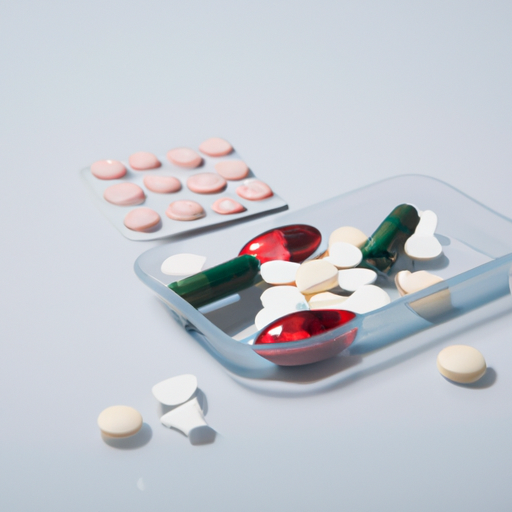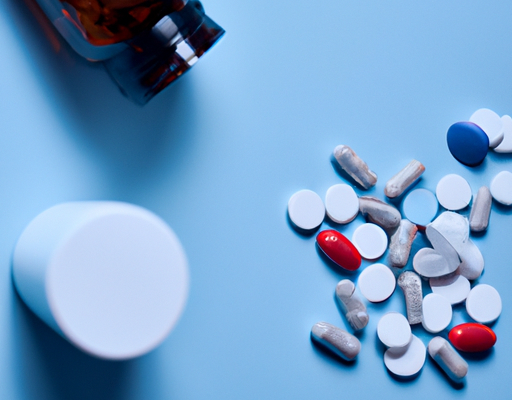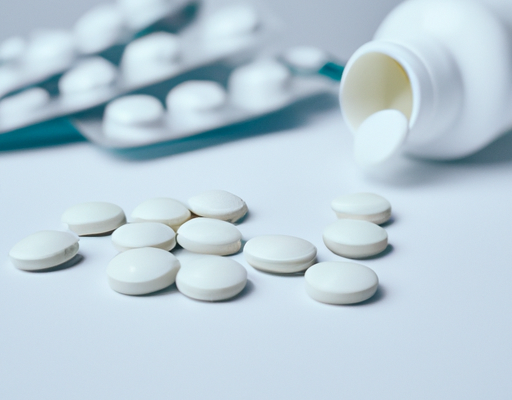Causes of Itching
Itching or pruritus is a very common sensation that can greatly affect your quality of life. Although its causes might be frustrating to diagnose, the common causes behind the sensation of itching involve the skin, allergies, infections, stress and other health conditions. For people with skin conditions, the inflammation and irritation of the skin can be the culprit of the itch. Allergies can also cause itchiness, typically as a result of contact with an allergen like grass, pet hair, certain fabrics, and certain food additives. Infections can also cause intense itching. These infections can be bacterial or viral and typically involve skin, scalp or genital areas. Sometimes psychological factors, such as stress and anxiety, can result in itching. Rare causes of itching may include certain diseases like kidney failure and cancer, and medications such as certain antibiotics and drugs to treat high blood pressure. It is best to consult with your doctor in order to determine the cause of your itching.
Complications of Itching
Itching, or pruritus, is a very common and sometimes very troublesome symptom of a variety of medical conditions. Sadly, itching itself can cause numerous health complications, such as:
- Skin infections – Itching can cause the skin to become dry and cracked, making it easier for bacterial and fungal infections to take hold.
- Frequent scratching – Itching can cause people to scratch excessively which can lead to broken skin and create wounds that can become infected.
- Obsessive-compulsive behaviour – Some people find that they develop an obsession or compulsion to itch or scratch, which can have a negative impact on work and relationships.
- Sleep disturbances and depression – itching can cause sleep deprivation and leave sufferers feeling lethargic, depressed and irritable.
It is very important to try and find and treat the underlying cause of the itching, in order to prevent the symptoms from getting worse and to avoid the potential health complications.
Preventing Itching
Itching, or pruritis, can be a huge nuisance and interfere with a person’s daily life. While it is often caused by allergies, skin conditions or infections, there are many ways to prevent itchy skin. Here are some tips to help reduce irritation and itching:
- Avoid scratching, which can make the problem worse.
- Bathe regularly using warm water and gentle cleansers that are free of dyes and fragrances.
- Pat skin dry after bathing.
- Reduce stress, which can worsen itching.
- Keep skin moist by using lotions, oils, or creams.
- Wear loose-fitting, breathable clothing.
If you suffer from itching, discuss your symptoms with a healthcare professional. They can provide you with further advice and prescribe medications to help manage your condition. With the right techniques and treatments, you can prevent itching and keep your skin happy and healthy.
Common Treatments for Itching
Itching is one of the most annoying experiences that anyone can have. In most cases, it should resolve itself within a few minutes, but in other cases it can be chronic and require treatment. Health experts recommend taking the following steps in order to find relief from itching:
- Apply a cold compress to the affected area for several minutes at a time.
- Take a cool bath or shower.
- Apply a topical cream or lotion that contains an anti-itch product, such as 1% hydrocortisone.
- Take oral antihistamines, such as diphenhydramine (Benadryl), loratadine (Claritin), or cetirizine (Zyrtec).
- Take oral anti-inflammatory medications, such as ibuprofen or naproxen.
If the itching is not relieved by any of these treatments, it may be necessary to see a doctor for prescription medications. It is important to determine the cause of the itchy skin in order to choose the correct treatment.
Self-Care Tips for Itching
Itching can be annoying and uncomfortable, but, fortunately, it can usually be managed with basic self-care tips. Start by avoiding anything that might be causing the itch in the first place, such as certain fabrics or detergents. Keeping your skin moisturized can help prevent itching and reduce the severity of existing itching. Use cool compresses or take a bath or shower to soothe the skin. If you’re extremely itchy, applying an anti-itch cream or calamine lotion may offer some relief. If the itching persists, see your doctor to find out the underlying cause and get the appropriate treatment.
When to See a Doctor for Itching
Itching, also known as pruritus, is a common complaint that can affect the body anywhere from head to toe. Itching can be irritating and uncomfortable, but when it is severe or accompanied by other symptoms, it can be a sign of an underlying medical condition. If itching does not improve with over-the-counter treatments, it is best to seek medical advice. Before visiting a doctor, it is important to monitor the type and location of itching and how long it has been occurring. The doctor may also ask questions about the patient’s lifestyle, stress levels, and the presence of other symptoms. After a physical examination and lab tests, the doctor can determine the underlying cause of the itching and recommend the appropriate treatment.





No Comments